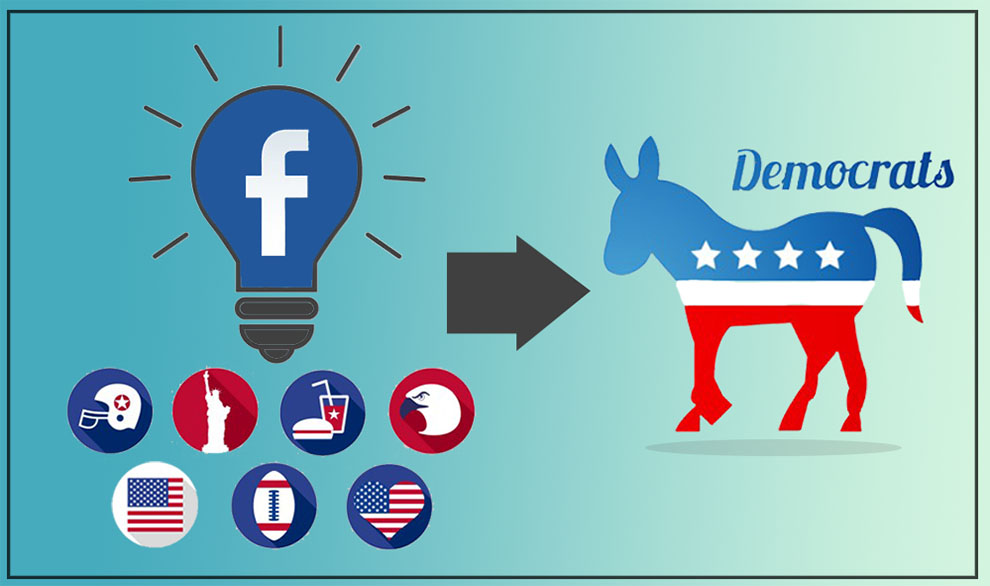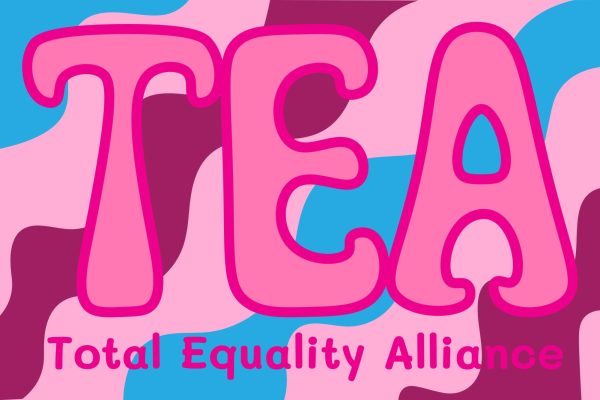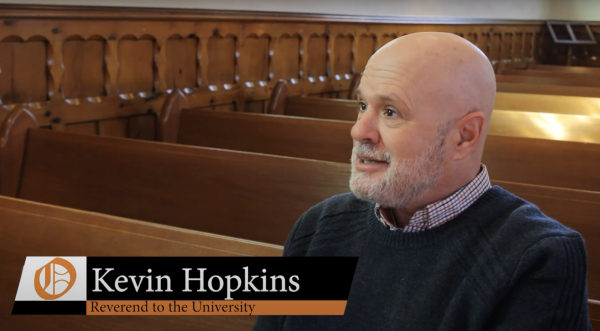Politically correct? Facebook is labeling you based on your friends
With the era of social media came the era of defined labels. Facebook, in particular, produces labels we can use to look up personal information about others. The ability to like certain pages, join groups and share articles can often be a dead giveaway about our viewpoints.
Recently, Time released a feature story about an interesting tool in Facebook. Even if you think you are discreet with your political views and opinions, Facebook has a way of making an educated guess about which category you fall into.
If you are a Facebook user, it is simple to find out exactly how Facebook has labeled you. Open facebook.com/ads/preferences in your browser and then go to the “Lifestyle and Culture” tab listed under preferences. Then there should be a section titled U.S. Politics, and next to that header in parentheses it will say what Facebook has labeled you.
Mine says conservative. I would define myself as a moderate or independent, but I do lean more towards the conservative side. The Time article states, “Facebook makes a deduction about your political views based on the pages that you like — or on your political preference, if you stated one, on your profile page. If you like the page for Hillary Clinton, Facebook might categorize you as a liberal.”
Even if you have not liked pages that are related to political parties, Facebook can still generate a political label for you. For example, if most people who have other likes in common (these can be for businesses such as “Chipotle”) with you define themselves as liberal, Facebook may then assume that you are a liberal as well.
This labeling business may seem pointless or unimportant, but it plays a large role in marketing and advertising. The Time article points out that Donald Trump’s campaign paid for ads to be shown to those who Facebook had labeled as politically moderate.
This type of campaign advertising is a great example of how our world has become more efficient because of social media. A candidate can pay for political advertisements to target a specific demographic, thus potentially creating a more effective ad campaign and saving money.
Facebook collects more information about users than just political views, and it sometimes seems that Facebook has an eye into almost every aspect of our lives and interests.Technically, if you are currently using Facebook, you giving consent for Facebook to access your information and make assumptions about you.
Critics see a problem with Facebook’s extensive access to personal information; I, however, do not, at least so far. I am fine with Facebook making whatever assumptions it wants to about me. I am not worried about labels, especially when they do not directly affect my life offline.








